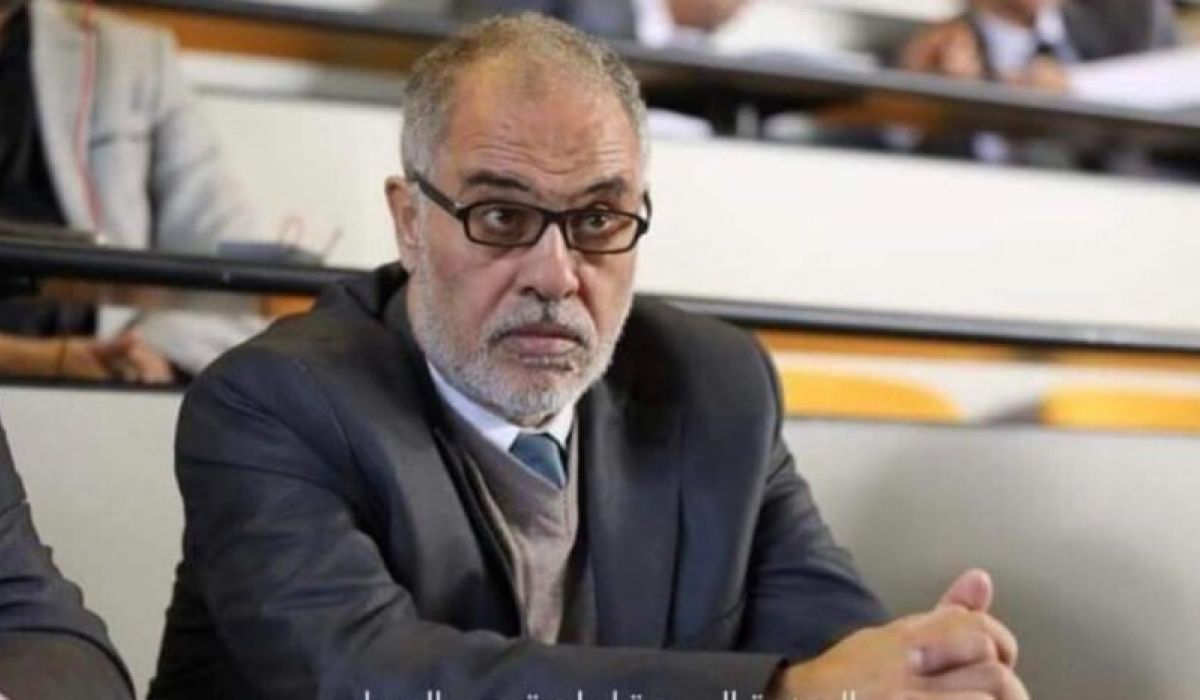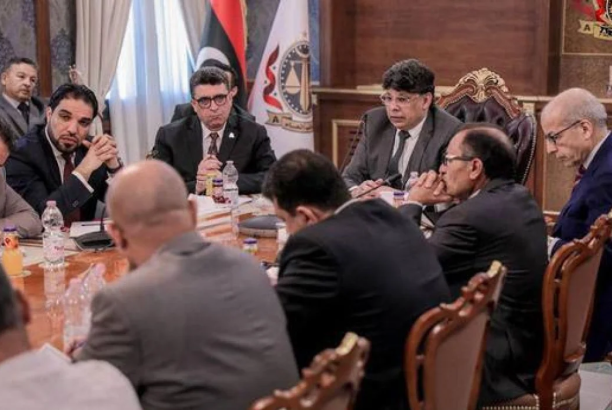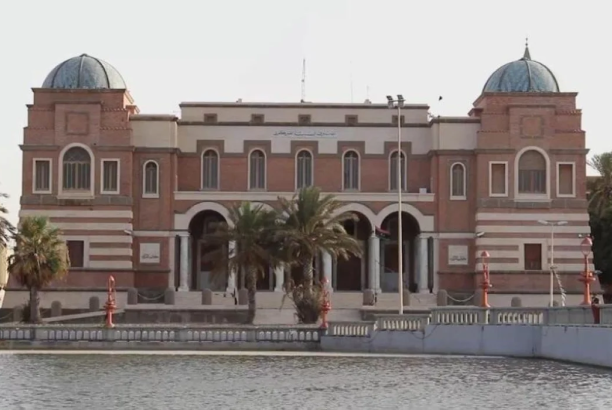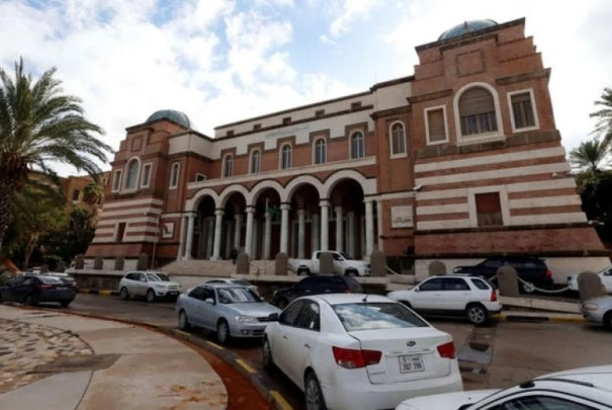
| News
Al-Sharif: « For these reasons, the size of the expenses in the Central Bank statement will hinder the process of adjusting the exchange rate »
The head of the Economics Department at the University of Benghazi, Ali Al-Sharif, told our source that: « The report published by the Central Bank of Libya is supposed to be issued by the Ministry of Finance in the national government because it is in the local currency, the expenditure item, and the expenditure item, is related to the general budget, and therefore it is supposed to be issued by the Ministry of Finance. »
He added: « We note from this report that there is a deficit equivalent to approximately 11 billion Libyan dinars in the first quarter, and the report indicated in the second part that this deficit was financed by royalties from cash companies for previous years. »
He also continued : « The other point that we note in this report, seems to be that the Central Bank of Libya complied with the instructions of the US Ambassador, the Deputy Secretary of the US Treasury and Parliament, so that it stopped spending on Chapter Three, « development spending ». We limit spending to three sections, namely, the section on salaries and the second and fourth chapters on support. We remark generally that expenditures are about 14 and a half billion in the first quarter, which means in the four quarters it will be almost 57 billion without the development section. This figure is considered relatively high and will hinder, if the other sections are included in the development section, in the budget and even the process of amending the exchange rate in the future, and therefore there are still major problems in the Central Bank’s dealings. »
He concluded his speech by saying that « this report did not include the oil revenues received by the National Oil Corporation. It seems that in the first quarter, oil revenues were not transferred to the Central Bank, and it relied on royalties from foreign companies to finance most of the first quarter expenses. »






